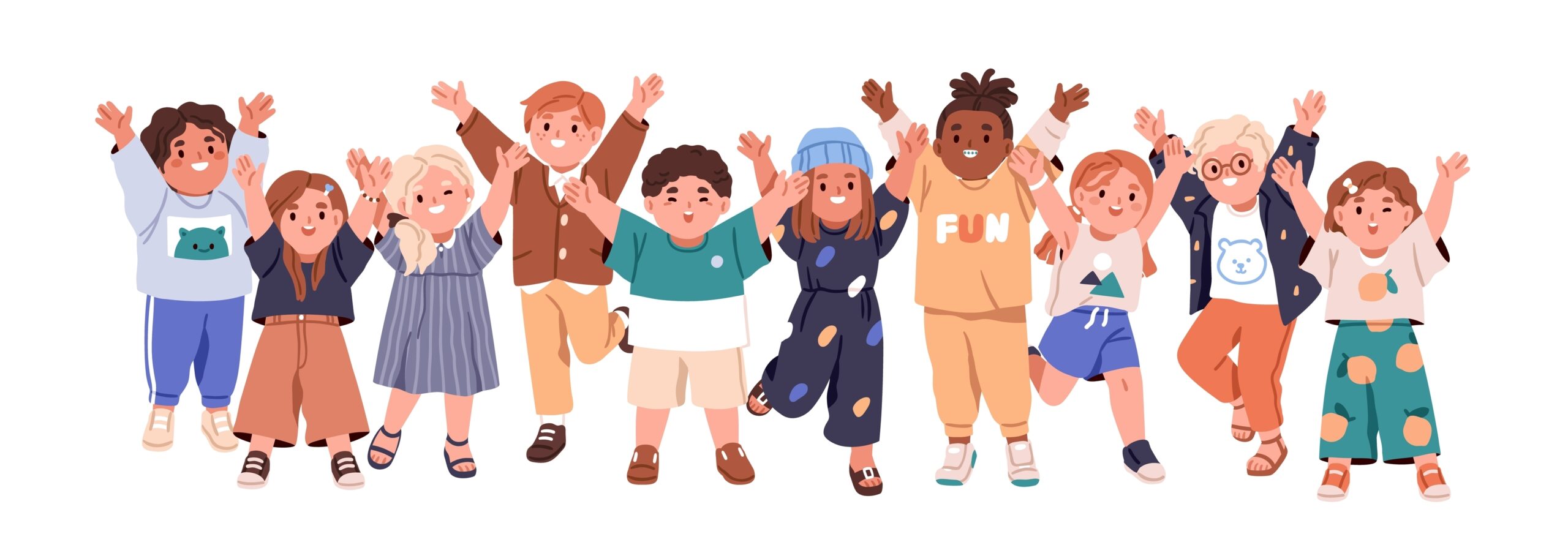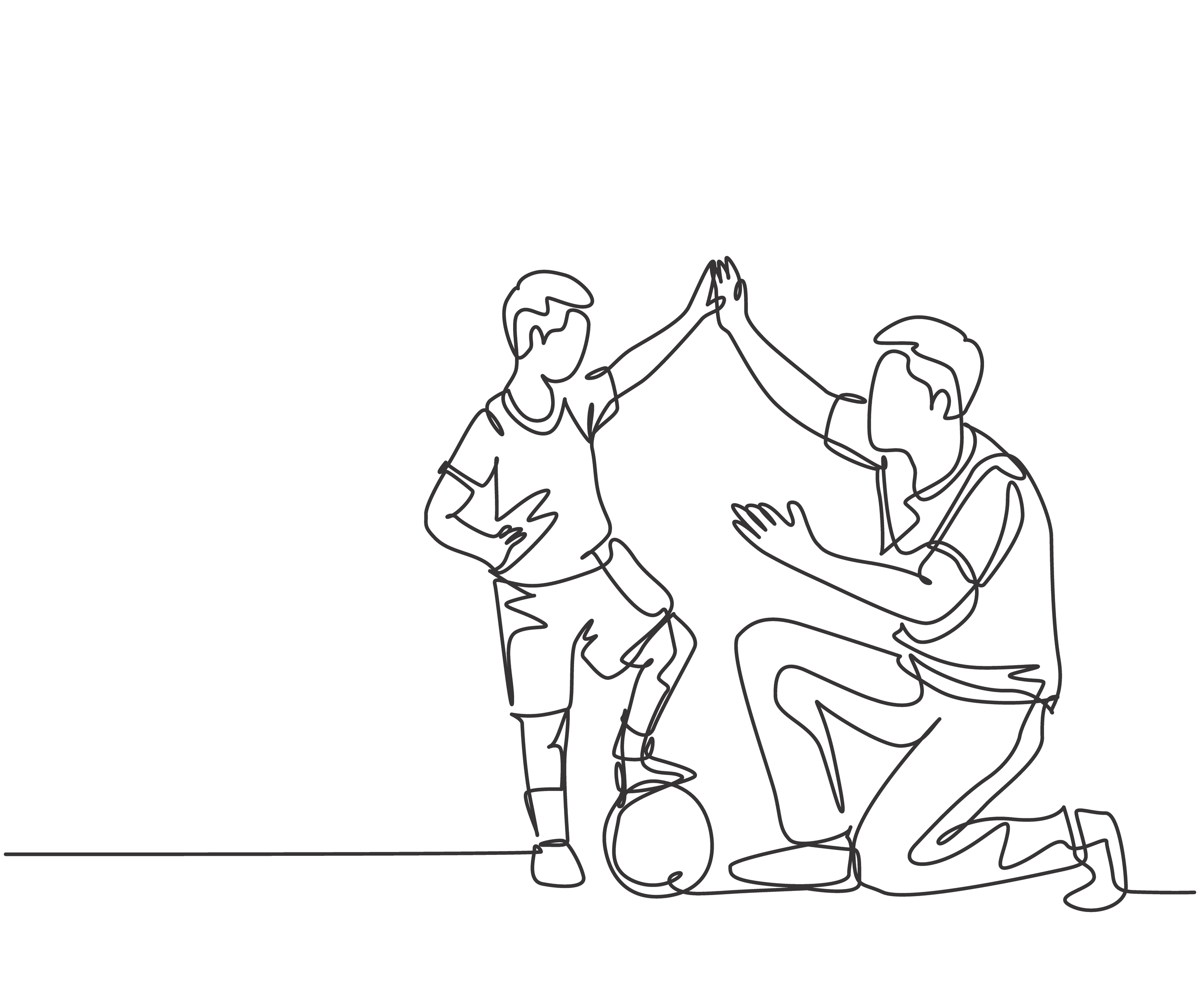Neurological Balance and Medical Disorders
- Seizure Disorders in Children: Symptoms, Diagnosis, and Therapy
- Tourette Syndrome in Children: Symptoms, Diagnosis & Therapy Options
- Substance Use Disorders in Youth: Effects, Signs & Therapy Support
- Cerebral Palsy in Children: Symptoms, Types & Therapy Support
- Pediatric TBI & Concussions: Symptoms, Recovery & Therapy Support
- Pediatric Migraines: Symptoms, Triggers & Therapy Support
- Ehlers-Danlos Syndrome in Children: Symptoms, Types & Therapy Support
- BPPV: Causes, Symptoms & Treatment with Physical Therapy
- Vestibular Disorders: Symptoms, Causes & Therapy Support for All Ages
- Parkinson’s Disease: Symptoms, Treatment & Therapy Support
- Post-Stroke Rehab & CVA Recovery: Find Therapists for Stroke Rehabilitation
- Ataxia: Causes, Symptoms & Rehab Therapies
- Peripheral Neuropathy: Causes, Symptoms & Rehab
- Delayed Motor Milestones in Children | Early Signs, Causes & Therapy
- Hypotonia (Low Muscle Tone) in Children: Symptoms, Causes & Therapy
- Spina Bifida in Children: Types, Symptoms & Therapy Options
- Tic Disorders in Children: Symptoms, Types & Therapy Support
- Down Syndrome
Pediatric Migraines: Symptoms, Triggers & Therapy Support

Authored by: The DrSensory Editorial Team
Reviewed by: 🛡️ DrSensory Clinical Review Board – Doctor of Therapy Rehab Division
Last updated: June 2025
Migraines in Children: Causes, Symptoms & Therapy Strategies
What Are Migraines in Children?
Migraines are not just adult headaches—they are a neurological condition that affects up to 10% of school-aged children and as many as 28% of teens. Pediatric migraines are often underdiagnosed because symptoms may differ from those in adults.
Migraines in children can disrupt daily activities, school participation, social life, and even development—especially when frequent or severe. Early recognition and a supportive care team, including pediatric therapists, are key to improving outcomes.
Signs and Symptoms of Pediatric Migraines
Children may struggle to describe migraine symptoms. Look for these warning signs:
Core Symptoms
- Moderate to severe headache (often bilateral in children)
- Nausea and/or vomiting
- Sensitivity to light and sound (photophobia and phonophobia)
- Pale appearance or flushed cheeks
- Fatigue or sudden need to lie down
Associated Symptoms
- Dizziness or balance issues
- Blurred vision or aura (flashing lights, spots)
- Mood changes (irritability, anxiety, withdrawal)
- Neck stiffness or muscle tension
- Cognitive difficulties (e.g., slow processing, word retrieval issues)
Migraines can last anywhere from 30 minutes to several hours, and sometimes longer.
What Triggers Migraines in Children?
- Understanding and avoiding triggers is essential for migraine management.
Common pediatric triggers include:- Stress and anxiety (school, social pressures)
- Sleep disturbances
- Dehydration or missed meals
- Certain foods (e.g., chocolate, processed meats, aged cheese)
- Environmental factors (bright lights, loud noises, weather changes)
- Screen time and digital eye strain
- Each child’s triggers can differ, making symptom tracking a critical first step in care.
Diagnosing Migraines in Children
Pediatric migraines are diagnosed clinically through a careful history and symptom review. A neurologist or pediatrician may also:
- Conduct a neurological exam
- Rule out other causes (infections, brain injury, vision issues)
- Recommend imaging (MRI or CT) only if symptoms are atypical or worsening
Diagnosis may take time, especially if symptoms overlap with other conditions like seizures, anxiety, or sinus issues.
How Pediatric Therapists Help Children with Migraines
Although migraines are managed medically, pediatric therapists support children struggling with migraine-related functional, sensory, and cognitive challenges—especially when migraines are frequent or disruptive.
Occupational Therapy
- Teaches self-regulation techniques and relaxation strategies
- Develops sensory-friendly routines to reduce trigger exposure
- Assists with executive function skills affected during migraine episodes
- Provides visual motor and ergonomic strategies for screen use
Physical Therapy (PT)
- Addresses postural imbalances, neck and upper back tension
- Improves balance and coordination if dizziness is present
- Teaches stretching and strengthening to relieve muscular stress
Speech-Language Pathology (SLP)
- Supports cognitive-communication challenges like word-finding, memory, and processing speed
- Helps children articulate their symptoms and advocate for support at school
- Assists in developing visual and auditory tolerance strategies
Therapists also help children return to school or physical activity safely with graded reintroduction plans.
How DrSensory Supports Families of Children with Migraines
DrSensory makes it easy to find trusted pediatric therapists who understand the complexities of migraines in children. Our verified therapist directory helps you:
Search by specialty (OT, PT, SLP) and location
- Read detailed therapist profiles
- Find in-person and telehealth options
- Learn about therapy approaches that support neurological wellness
Frequently Asked Questions (FAQ)
Can migraines affect my child’s school performance?
Yes. Migraines may lead to frequent absences, reduced concentration, and cognitive fatigue. Some children also experience brain fog or sensory overload after a migraine, impacting schoolwork.
What’s the difference between a migraine and a regular headache in kids?
Migraines are neurological in origin and typically include nausea, light/sound sensitivity, and functional impairment, while tension headaches are often milder and related to stress or posture.
Can pediatric therapy reduce migraine frequency?
While therapists don’t treat the migraine itself, OT, PT, and SLPs can reduce triggers, improve posture, and build coping skills, all of which may lower the frequency or intensity of migraines over time.
Should my child stop physical activity if they get migraines?
Physical activity may be paused during acute episodes, but staying active is important for general health and often helps prevent migraines. Physical therapists can help design safe return-to-play or activity plans.
How do I know if my child’s headache is something more serious?
Seek immediate care if your child experiences:
- Sudden, severe headache (“thunderclap” pain)
- Headache after a head injury
- Persistent vomiting
- Vision loss or confusion
- Weakness or trouble speaking
This page provides general educational content and is not a substitute for professional medical advice. Always consult a licensed provider for diagnosis and treatment.
View privacy policy, copyright and trust info
More on Neurological Balance and Medical Disorders

- Seizure Disorders in Children: Symptoms, Diagnosis, and Therapy
- Tourette Syndrome in Children: Symptoms, Diagnosis & Therapy Options
- Substance Use Disorders in Youth: Effects, Signs & Therapy Support
- Cerebral Palsy in Children: Symptoms, Types & Therapy Support
- Pediatric TBI & Concussions: Symptoms, Recovery & Therapy Support
- Pediatric Migraines: Symptoms, Triggers & Therapy Support
- Ehlers-Danlos Syndrome in Children: Symptoms, Types & Therapy Support
- BPPV: Causes, Symptoms & Treatment with Physical Therapy
- Vestibular Disorders: Symptoms, Causes & Therapy Support for All Ages
- Parkinson’s Disease: Symptoms, Treatment & Therapy Support
- Post-Stroke Rehab & CVA Recovery: Find Therapists for Stroke Rehabilitation
- Ataxia: Causes, Symptoms & Rehab Therapies
- Peripheral Neuropathy: Causes, Symptoms & Rehab
- Delayed Motor Milestones in Children | Early Signs, Causes & Therapy
- Hypotonia (Low Muscle Tone) in Children: Symptoms, Causes & Therapy
- Spina Bifida in Children: Types, Symptoms & Therapy Options
- Tic Disorders in Children: Symptoms, Types & Therapy Support
- Down Syndrome
Find a Therapist near you
Are you looking for a physical, occupational, or speech therapist in your area?
Look no further than the DrSensory Therapist Database and Clinic Directory!
Find a Therapist
Find the physical therapist, occupational therapist, or speech language pathologist you’re looking for!
Ask Us Anything
Whether you are looking for advice, have a general question about sensory processing, or looking for resources.
Submit Your Story
Share your story about your child. Let’s celebrate milestones and learn more about challenges.











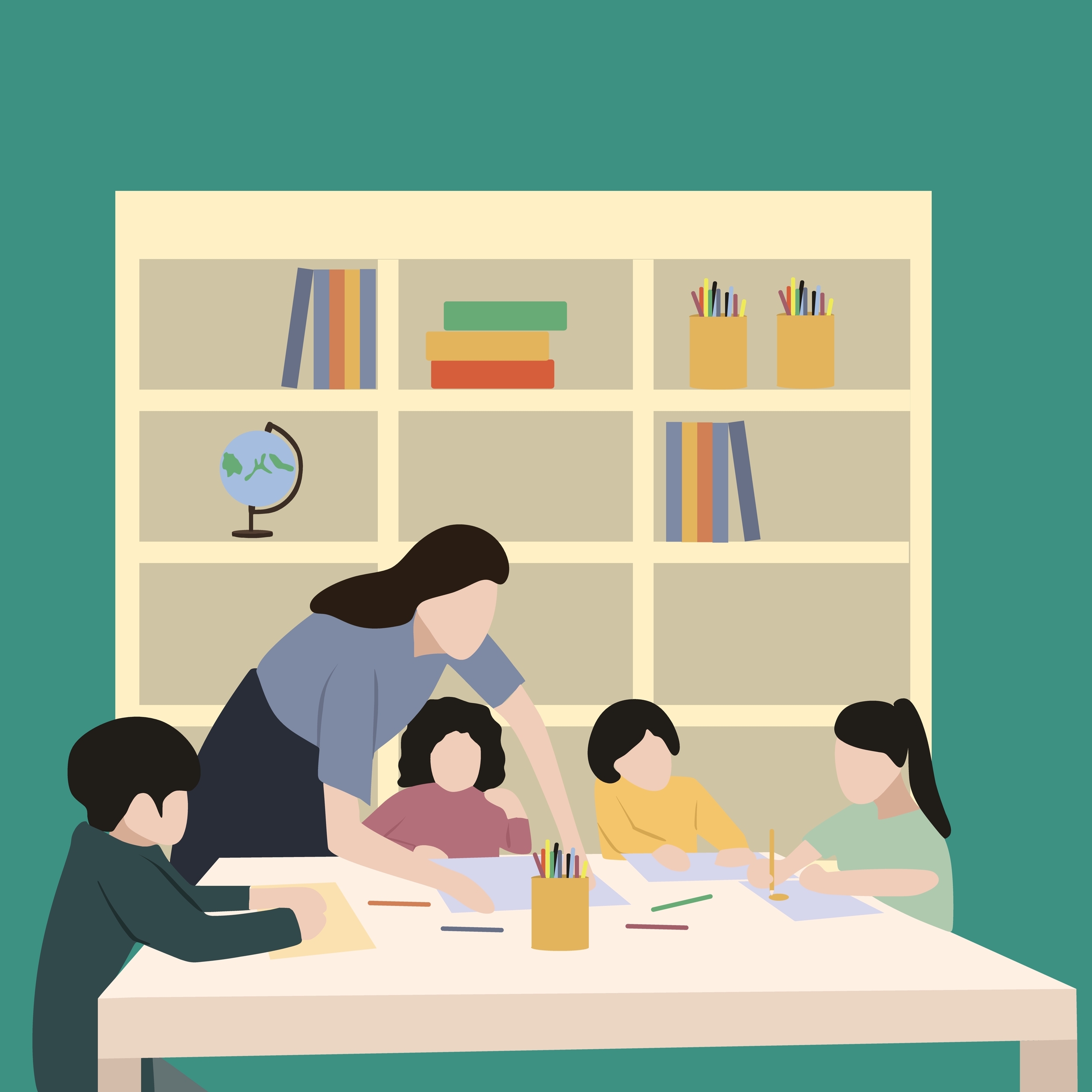






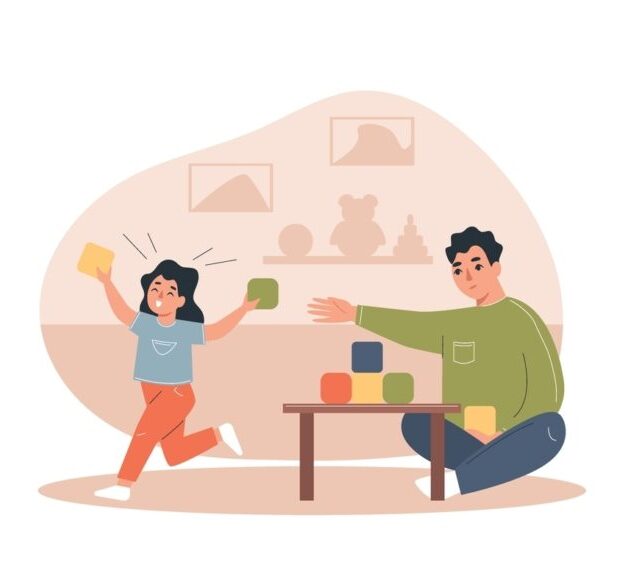



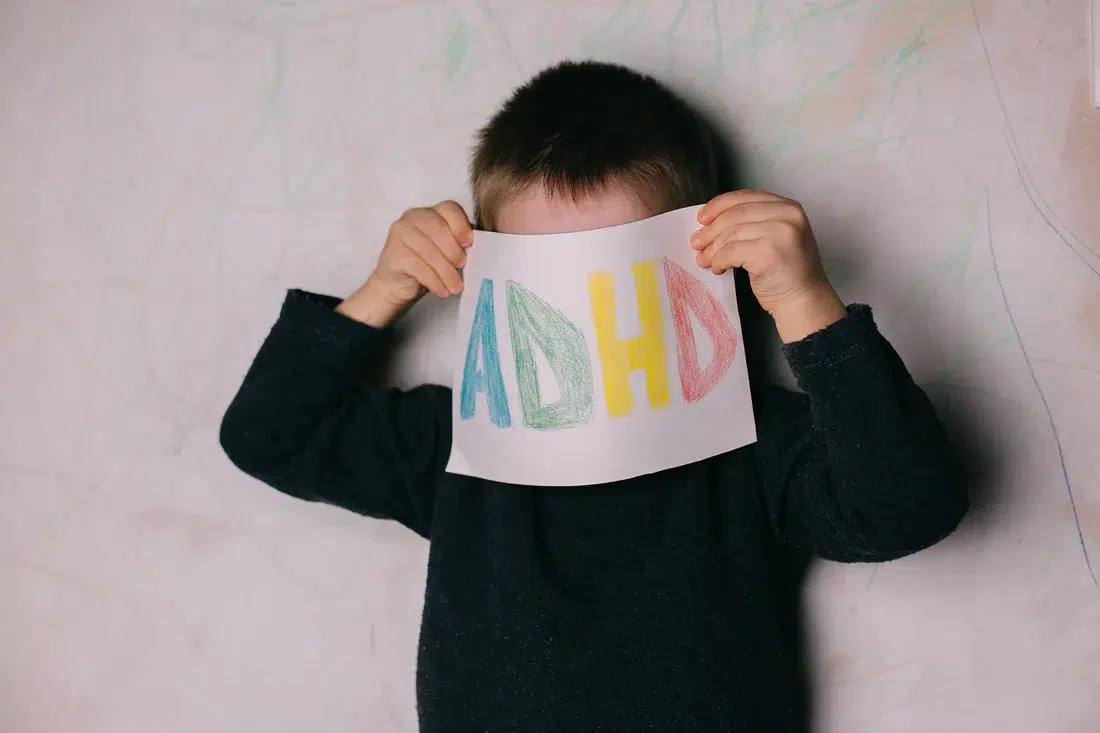




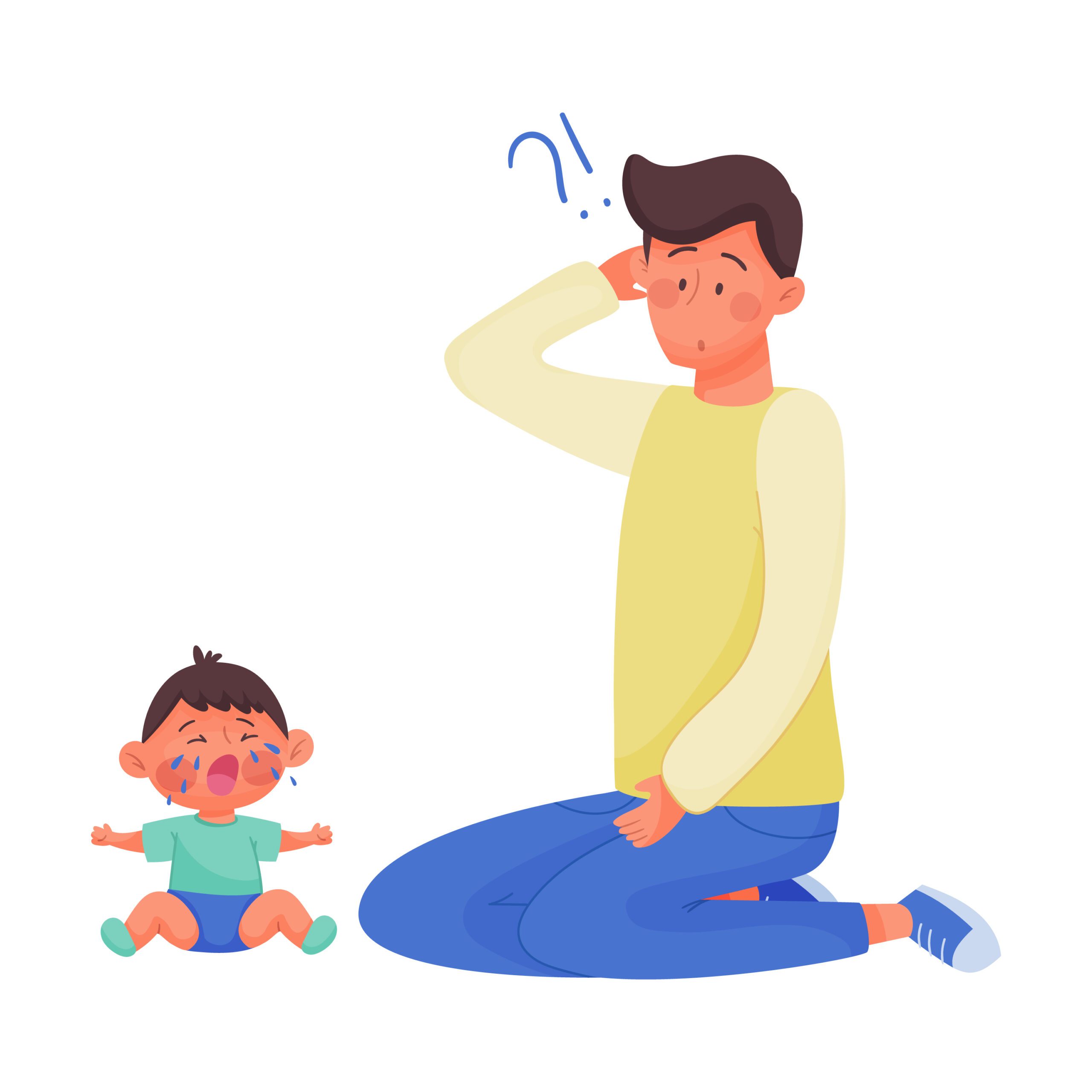
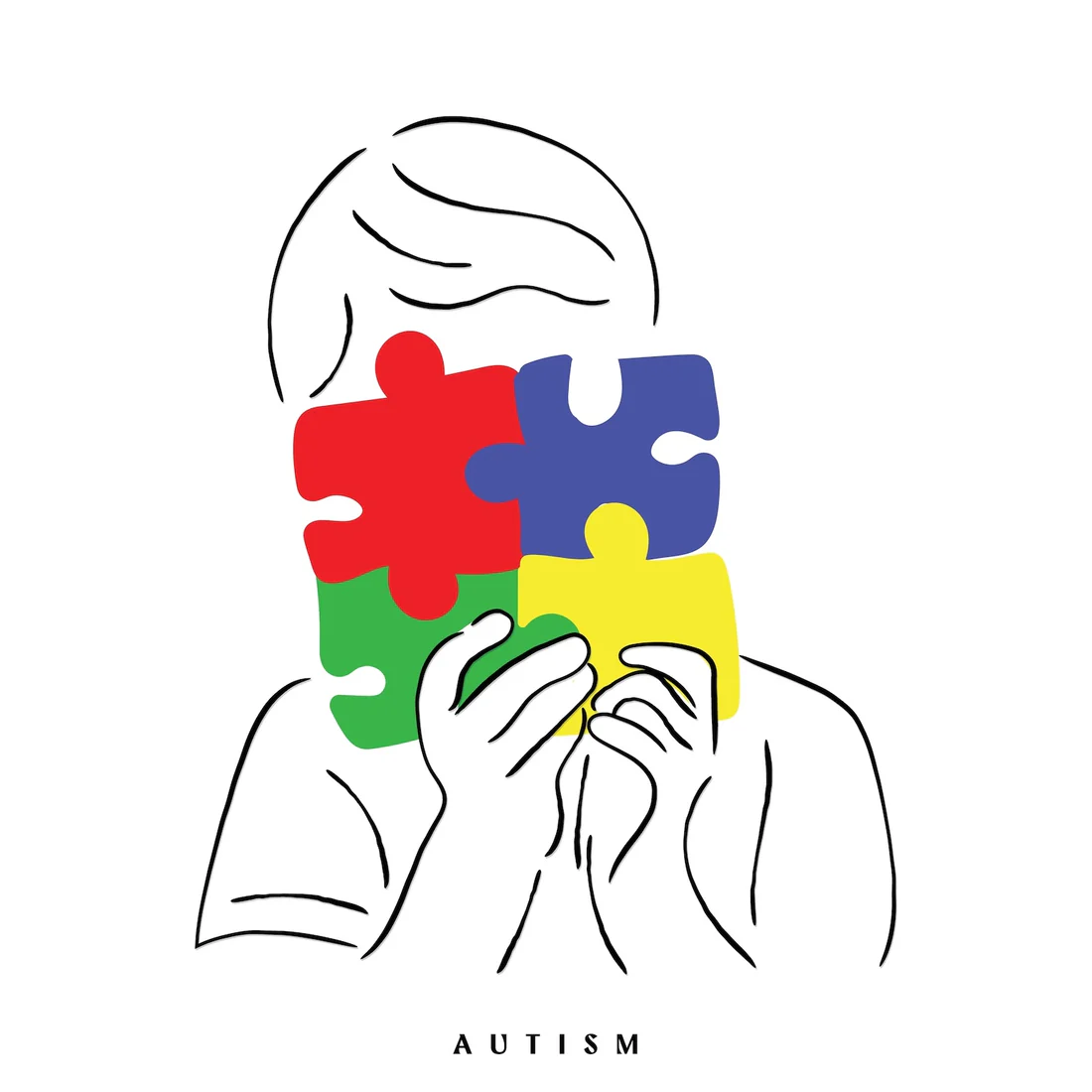
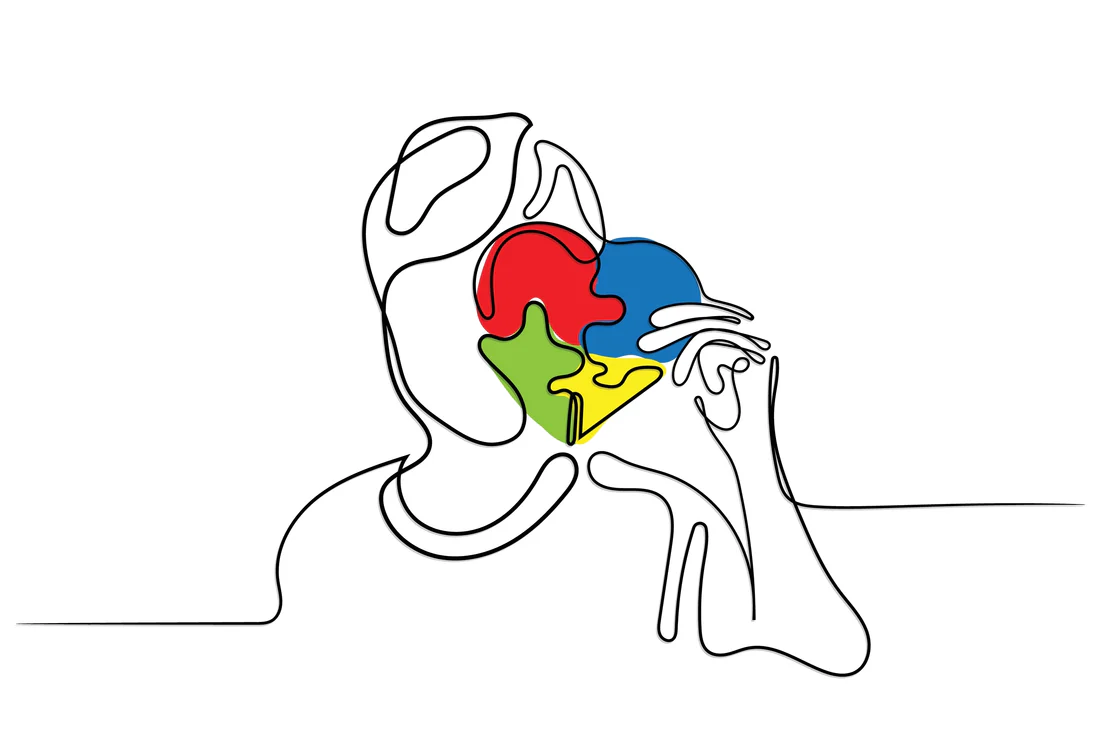










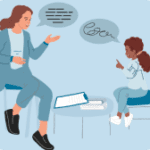 Speech Therapy
Speech Therapy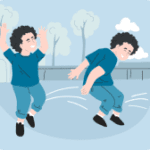 Physical Therapy
Physical Therapy Occupational Therapy
Occupational Therapy



